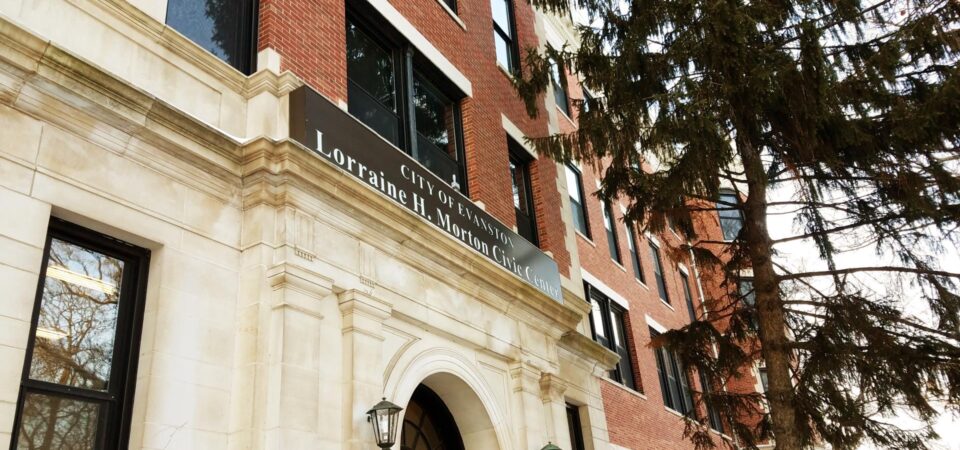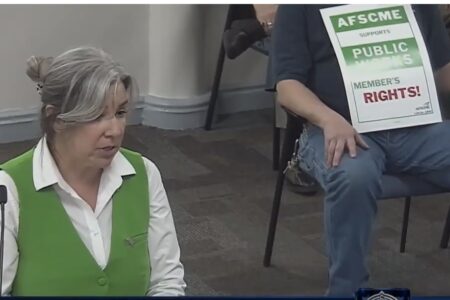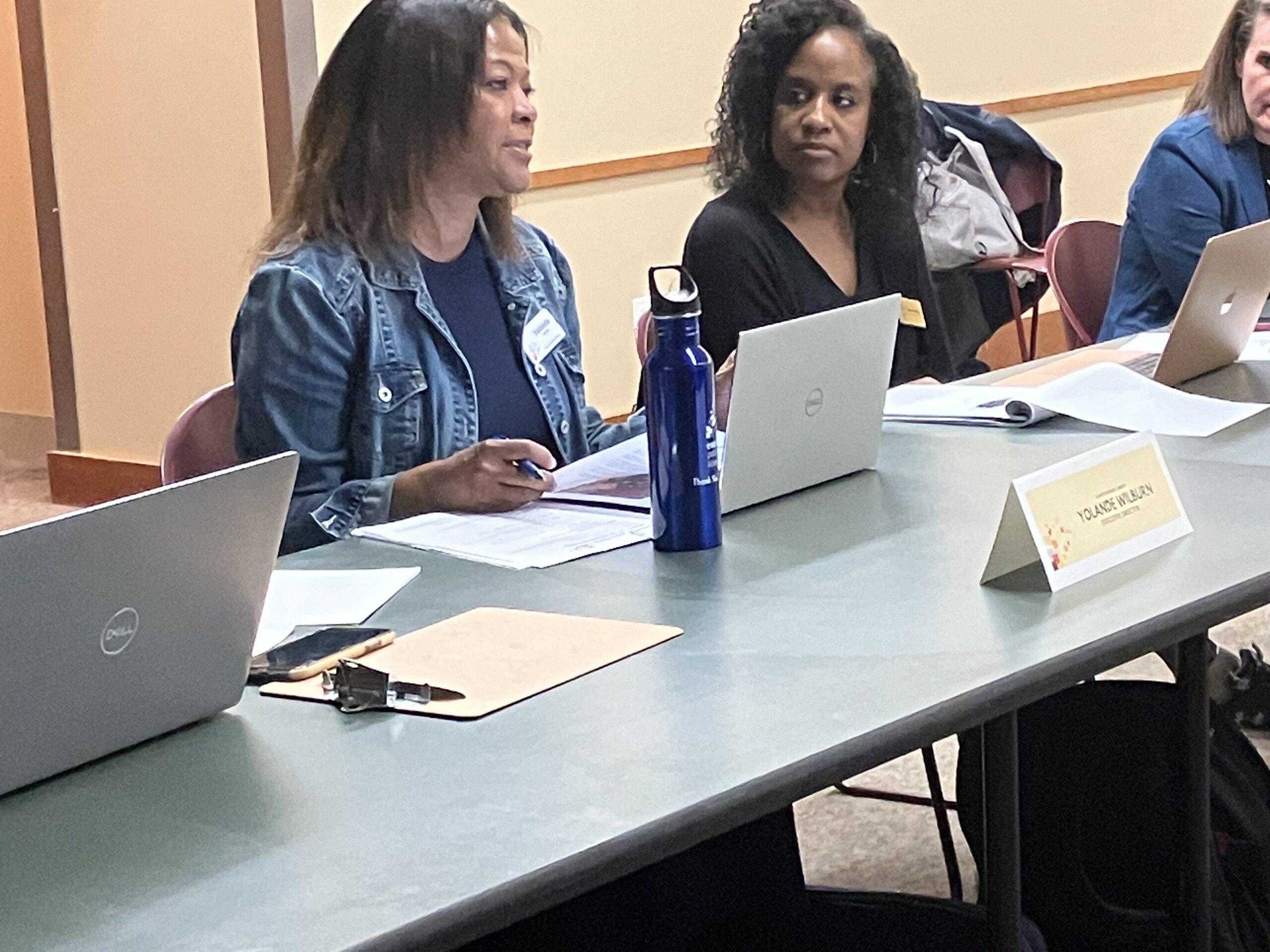By Bob Seidenberg
Members of the city’s Economic Development Committee supported holding public meetings on a Council member’s proposal to increase the minimum wage in line with cost-of-living increases.
Several committee members stressed the importance of seeking input from the business community on this proposal. Some business owners had expressed frustration at not being able to weigh in on the Fair Workweek proposal.
“We tend to go backward and make decisions and [then] find out where you [businesses] stand,” said Council Member Krissie Harris, who had voted against the Fair Workweek ordinance. She said she had been “bombarded” by businesses in her ward opposing that proposal.
Eighth Ward Council Member Devon Reid made the proposal to hike the city’s current minimum wage of $13.35 an hour for some employees to as high as $16 per hour for large employers. Increases would begin July 1 with additional increases to follow annually.
Reid had previously introduced the Fair Workweek proposal, which requires employers to set predictable work schedules. He told Committee members that “I think it’s important for Evanston, particularly with equity in mind, to keep our minimum wage in line with inflation” and to consider other pressures workers are under.
The minimum wage proposal calls for a tiered system of four employer and employee groupings. The system would seek to align Evanston’s minimum wage with Chicago’s. Annual increases would occur each July 1 based on the Consumer Price Index or 2.5%, whichever is lower.
Under the proposed schedule:
— For small employers with four to 50 employees, the current $13.35 per hour wage would rise to $15 per hour effective July 1. It would then rise to $15.50 per hour on July 1, 2024;
— For large employers with 51 or more employees, the $13.35 per hour wage would increase to $16 per hour on July 1 and then to $16.25 per hour on July 1, 2024;
— For youth workers under 18, the $13.35 per hour wage would rise to $14 per hour on July 1 and then increase to $15 per hour July 1, 2024;
— For tipped workers, the current $7.40 per hour wage would increase to $9 per hour July 1 and then to $10.25 per hour beginning July 1, 2024. This grouping is made up of workers whose wage plus tips doesn’t meet the current minimum wage.
Tipping is of particular interest, Reid said, given “a bit of racist history that’s tied to the Pullman strike and segregation.”
More recently, women — who he said have been disproportionately represented among tipped workers — have faced inappropriate comments such as “pull down your mask and show me your smile so I can consider how much” to leave for a tip, he said.
Business community ‘feeling hurt’
Reid also pointed out that this meeting was the first time the issue had been discussed publicly. Some of his other referrals dealing with similar proposals have first gone to the Council’s Human Services Committee, which has more of a social issues focus.
“We thought bringing it to the Economic Development Committee is a good place to make sure the business community is brought in early on this,” he said.
He said the issue would also go to the Human Services Committee, which would determine whether it would move on to the Council.
Committee members stressed the importance of gathering feedback from the business community.
“They’re feeling very hurt,” commented Council member Melissa Wynne, 3rd.
“This is just the opening round here,” said Council member Jonathan Nieuwsma, 4th. “We don’t want to do anything before we have robust engagement from the business community.”
Committee member Angela Pennisi acknowledged the challenges that small business owners face simply to maintain staffing: “It’s a small market. It’s very difficult.”
Workers facing recovery, too: Reid
To a certain degree, Reid said, he understood the issue, which led to his suggestion that the proposal be considered by both the Economic Development Committee as well as the Human Services Committee.
“We mentioned here that business owners are coming out [on] the road of recovery” from the pandemic, he said.
He said that workers have faced just as “rough” of a recovery: “We really have to keep that in mind.”
He said he suspects that most of the small business owners he’s spoken to already “tend to pay more and offer good benefits” and that some larger businesses do, too.
But he said the proposal should serve as a stimulus or add pressure for businesses “to move their wages further up.”
With “our large corporate grocery (stores) and other retail locations paying a living wage,” he said, the city can avoid some of the downstream impacts that folks face, whether it’s evictions or other quality-of-life issues.
Committee members also talked about holding a combination of in-person and remote meetings to receive the business community’s perspective.
Paul Zalmezak, the city’s Economic Development manager, said officials can use other tools, such as survey information on line as they have done on other issues. There are also business district meetings where information is disseminated, he said.
A live meeting is “great” when people actually turn out, said Council member Bobby Burns, 5th, who chaired the meeting.
“So there are going to be ten different ways we can communicate,” he said.
Committee members voted unanimously for Reid to work with the city’s Economic Development team to hold at least two town hall meetings to discuss the minimum wage issue.




